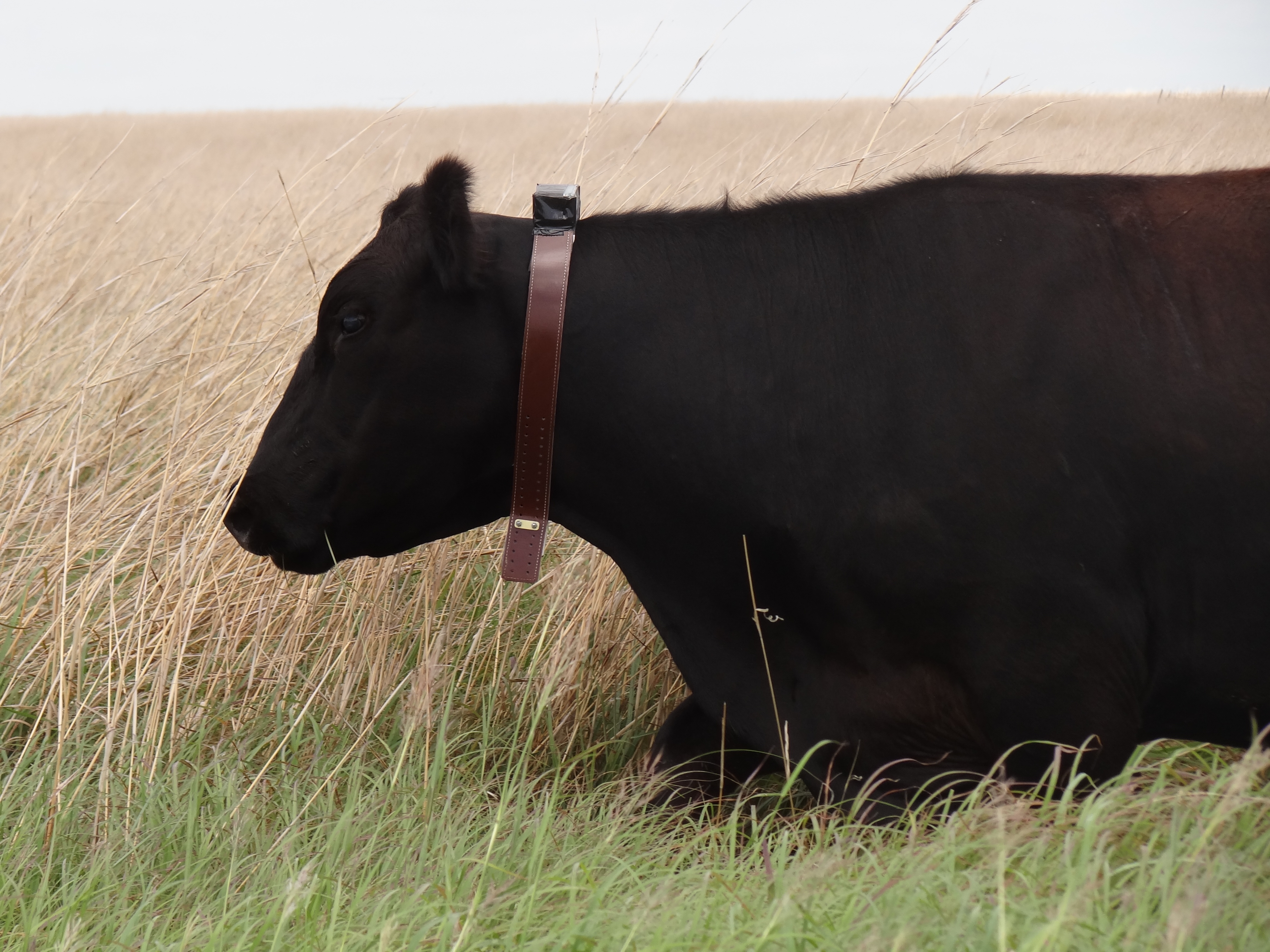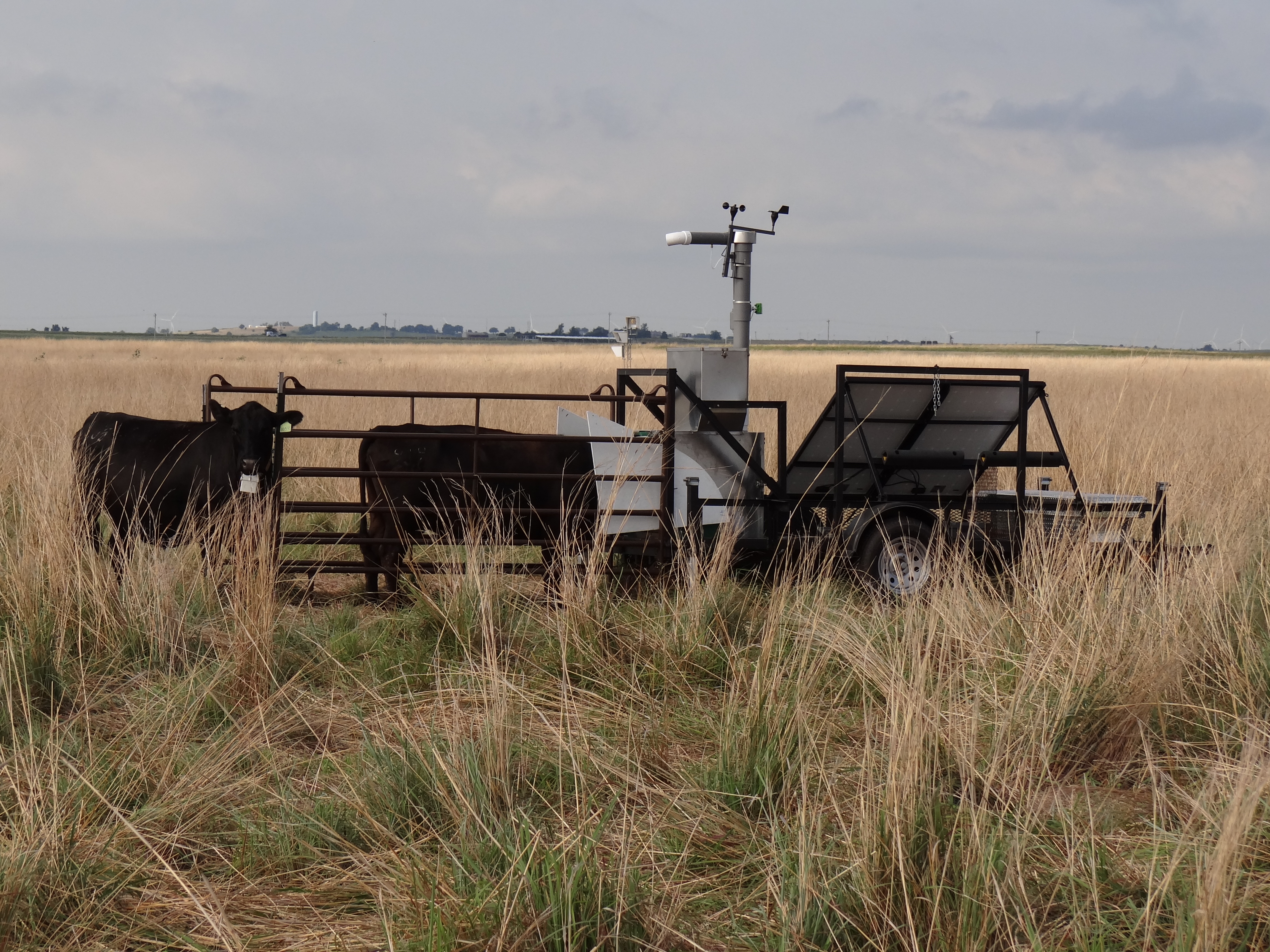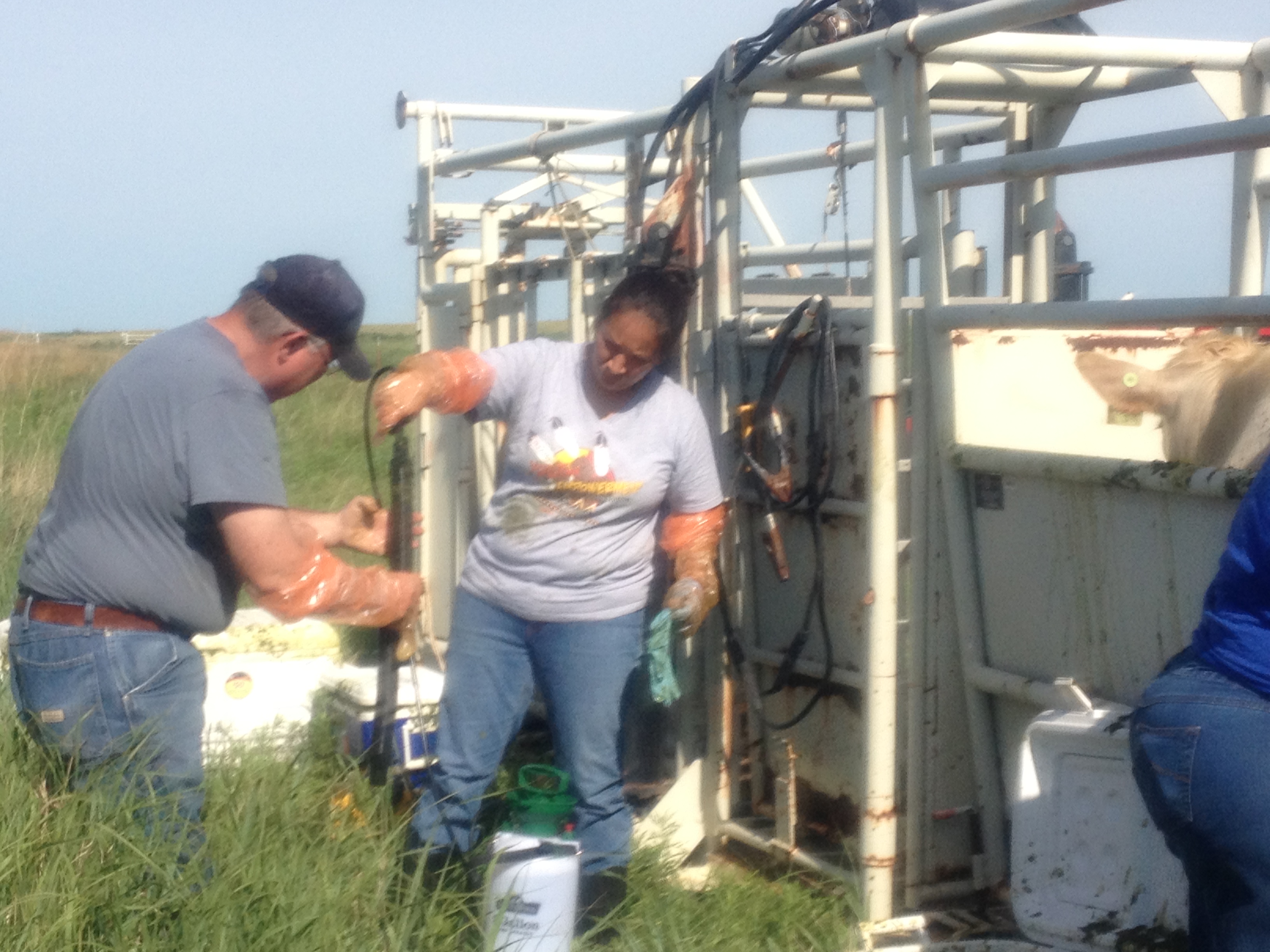Common Experiment: Rangelands and Pasture
Working GroupMission/Vision
To facilitate successful establishment of the LTAR Common Experiment.
Objectives
Objectives of the LTAR Common Experiment include:
- Develop and evaluate production systems that promote the sustainable intensification of agriculture.
- Identify, quantify, and understand mechanisms underlying tradeoffs and synergies among ecosystem
- Use common long-term measurements and observations to understand and model ecosystem service outcomes under future projections of climate variability and
The overall goal of the Rangelands Working Group is to facilitate achievement of the above objectives. Tasks associated with that goal include:
- Provide recommendations for successful establishment of the Common Experiment across rangeland and pastureland sites, with initial efforts addressing issues of key ecosystem services to be addressed and core measurements that can be compared across diverse ecoregions and management systems.
- Assist with the selection of site-specific hypotheses, as well as interact with LTAR measurement workgroups for selection of scale-appropriate assessments.
- Facilitate coordination of ecosystem service measurements across LTAR rangeland
- Serve as a communication bridge between LTAR site leads, the Croplands Common Experiment Working Group, and the Field Leadership Committee.
- Keep the LTAR community informed by providing applicable updates and files to the LTAR Basecamp site.
Activities
Beltsville, MD (March 2015)
- Initial meeting of the Working
- Identified and discussed crucial issues germane to establishment of Common Experiment, including ecosystem services and core measurements.
- Compiled preliminary treatments and design plans for rangeland and pastureland sites.
Archbold Biological Station, Venus, FL (February 2016)
- Finalized site descriptions of Business as usual (BAU) and Aspirational (ASP) treatments.
- Discussed experimental design and replication.
- Identified key ecosystem services being addressed at different sites.
Next steps
- Cross-walk ‘aspirational outcomes’ (Spiegal et al. 2018) to specific questions pertaining to experimentation, at each site.
- Interact with measurement workgroups to identify Tier 1 (required) and Tier 2 (optional)
Accomplishments
LTAR Common Experiment Coordination Survey was implemented through the Jornada Rangeland Management Research Unit website (http://jornada.nmsu.edu/content/ltar-common-experiment-coordination-survey). Analysis of the responses from all sites – initially targeted to rangelands sites but later expanded to all sites – supported development of a framework for analysis of ecosystem services specified in Objectives 2 and 3 (Spiegal et al., 2018).
Datasets Produced
Spiegal et al. 2018. Supplement 2: Questionnaire Data – Concerns about business-as-usual production; Supplement 4: Questionnaire Data – Aspirational outcomes; Supplement 5: Questionnaire Data – Practices, outreach, and adoption; Supplement 6: Summary statistics for practice outreach and adoption ratings
Manuscripts Published
- Spiegal et al. 2018. Evaluating strategies for sustainable intensification of U.S. agriculture through the Long-Term Agroecosystem Research network. Environ. Res. Letters (accepted, 1/15/18).
Manuscripts in Preparation
- Synthesis of ecosystem services and disservices provided by perennial grasslands
- Comparison of ecosystem services and disservices provided by perennial grasslands across gradients of climate and management intensity
- Opportunities for sustainable intensification in US rangeland regions in light of long-term regional histories
- Methodological flow chart for livestock resource selection functions and resource utilization functions
Working Group Name
Common Experiment: Rangelands and Pasture Working Group
Leader(s)
Jean Steiner, Betsey Boughton, and Sheri Spiegal
Members
List will appear here
ABOUT LTAR
The USDA Agricultural Research Service (ARS) Long-Term Agroecosystem Research network consists of 18 Federal and university agricultural research sites with an average of over 50 years of history. The goal of this research network is to ensure sustained crop and livestock production and ecosystem services from agroecosystems, and to forecast and verify the effects of environmental trends, public policies, and emerging technologies.



